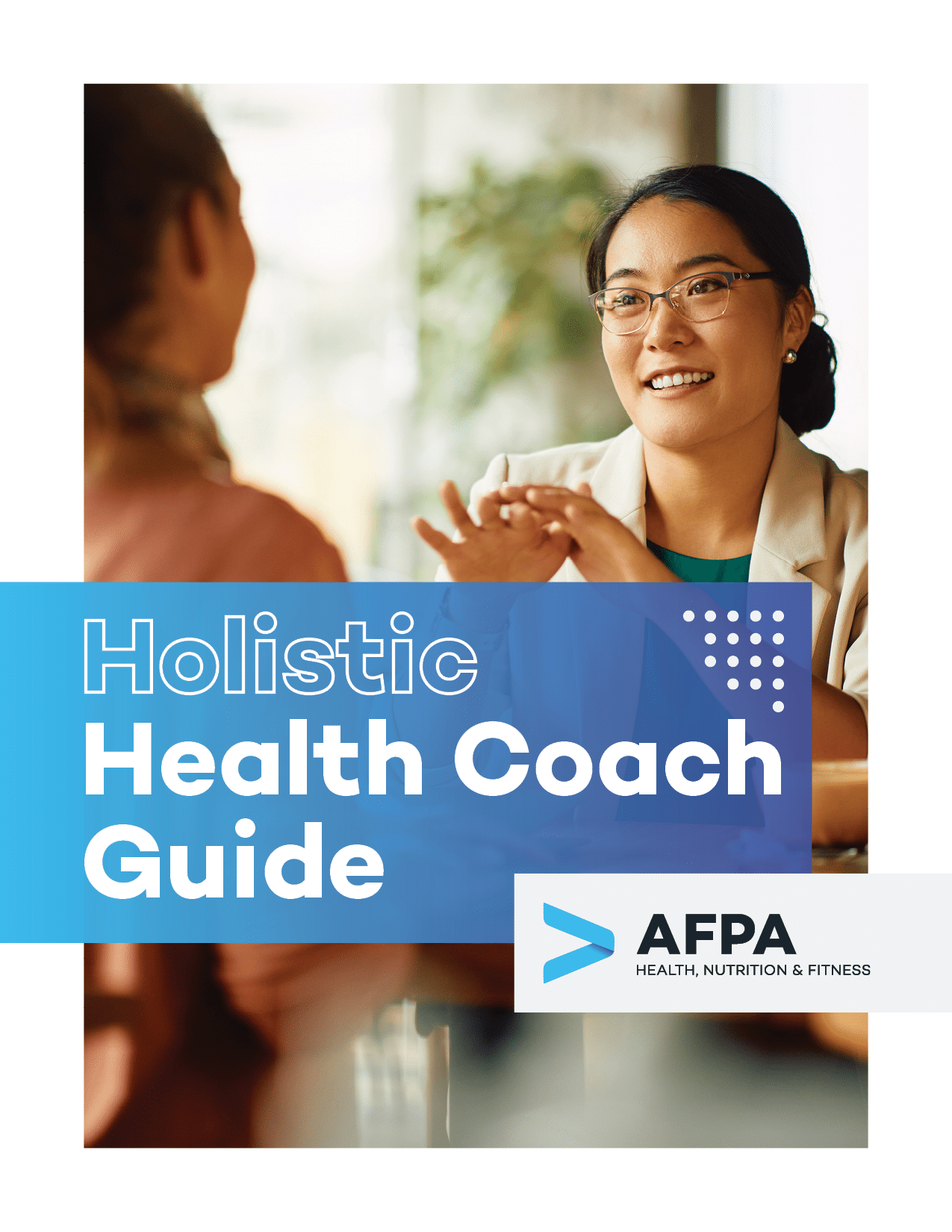Holistic Health Coach Program Guide
Turn your passion into a career you’ll love while helping others achieve their health goals.

By 2030, chronic diseases could cost as much as $47 trillion in healthcare spending.
Eighty-five percent of chronic diseases are affected by factors other than genetics, including diet, exercise, and stress.
Now is the time to put your passion for health and wellness into practice.
In this guide, you’ll learn everything there is to know about being a Holistic Health Coach in today’s health landscape.
